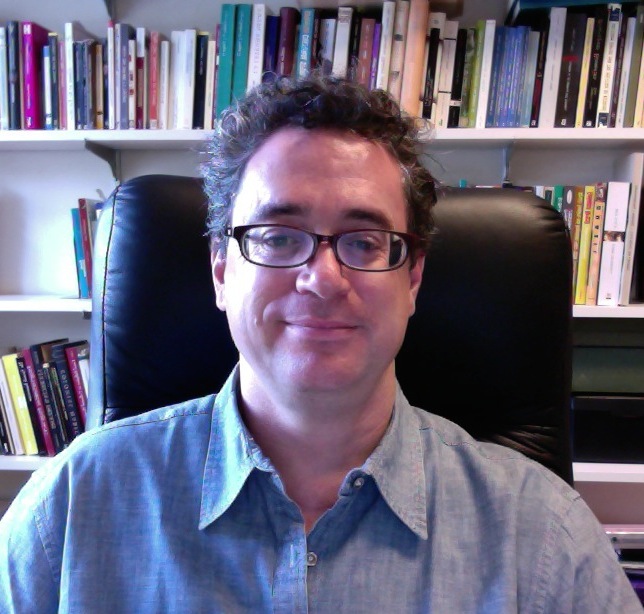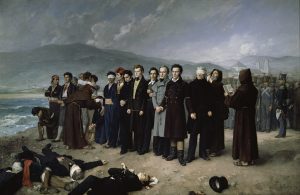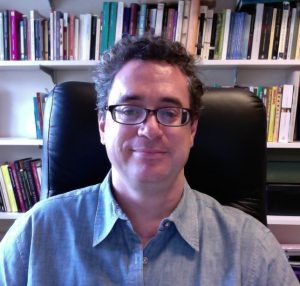Next week we will welcome Christopher Schmidt-Nowara, distinguished historian of slavery, the Spanish empire and the Atlantic world at Tufts University. Schmidt-Nowara will present an evening talk on “Revolution and Reaction in Spain From the Age of Goya to the End of Empire,” on Thursday, February 26 at 7:00pm in the Lean Lecture Room. Refreshments will be available before the talk, so come early! He will also lead a faculty workshop on Friday afternoon on the history of captivity and will have time to meet students during the day. If you would like to meet Prof. Schmidt-Nowara, please contact Greg Shaya. I include a few more details here on the talk and on Prof. Schmidt-Nowara’s work. I hope you can join us!
Public Lecture: “Revolution and Reaction in Spain From the Age of Goya to the End of Empire”
Thursday, Feb. 26, 7pm, Lean Lecture Room
Schmidt-Nowara will survey the politics and culture of 19th-century Spain, examining the conflict with France that inspired Goya’s Disasters of War, the fierce struggles over the form of government, modernization and its limits, and the fate of Spain’s extensive overseas empire that culminated in the Spanish American War of 1898. This promises to be an exciting excursion through Spanish culture and history and an interesting reflection on a decisive period in the making of the modern world.
Christopher Schmidt-Nowara, Professor of History and Prince of Asturias Chair in Spanish Culture & Civilization at Tufts University, is the author of several works on the history of slavery and emancipation in the Spanish empire and the Atlantic world. He is the author of Empire and Antislavery (1999), The Conquest of History (2006), Slavery, Freedom, and Abolition in Latin America and the Atlantic World (2011), and (as co-editor) Slavery and Antislavery in Spain’s Atlantic Empire (2013). He is currently working on a study of Spanish prisoners of war during the resistance against French rule (1808-1814) and the independence struggles in Spanish America (1810-1830). His hope is that this study of captivity on both sides of the Atlantic will bring new insights into Spanish ideas of freedom in imperial and national frameworks. He teaches widely in Spanish, Caribbean and Atlantic history.


